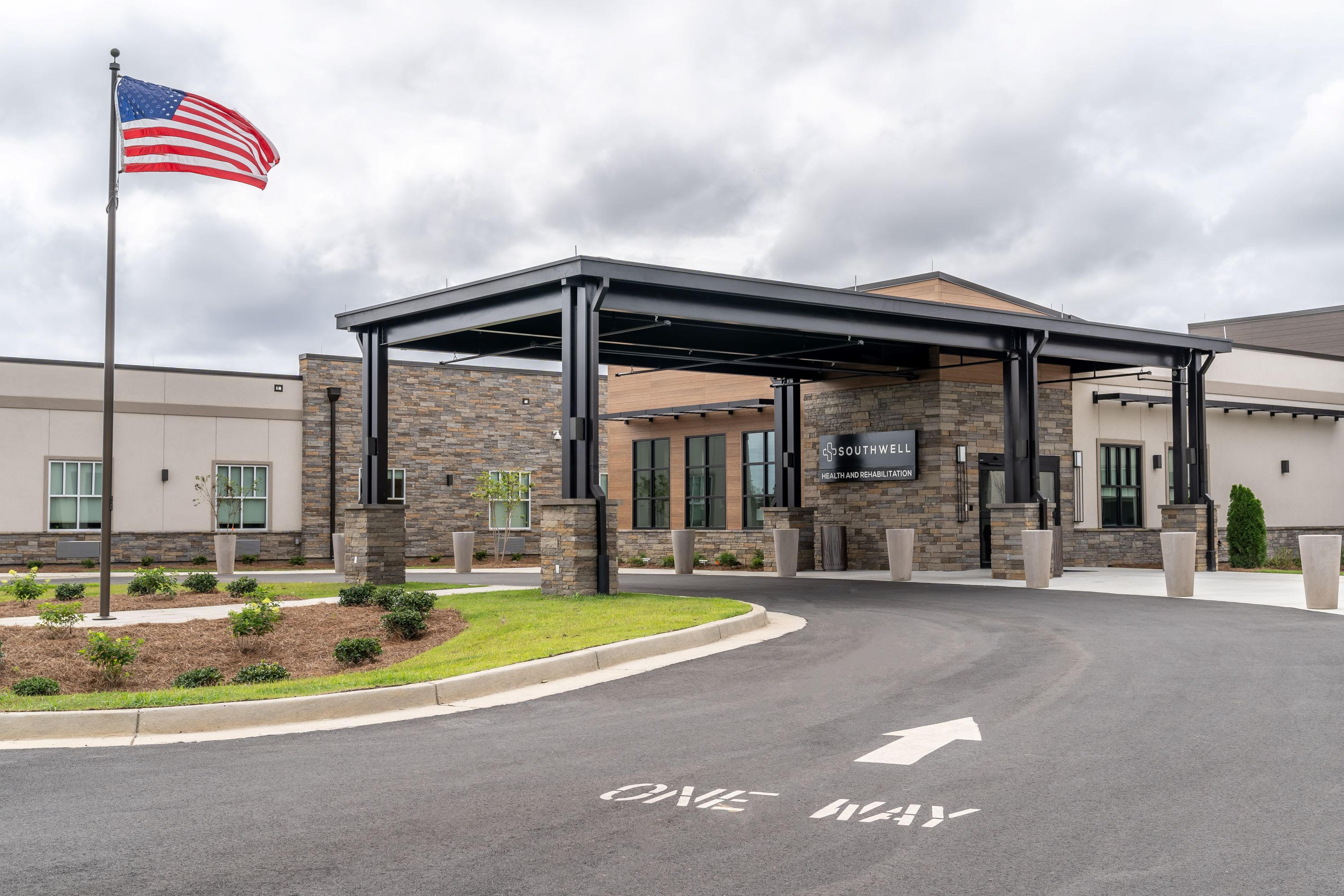Sabal Trail meeting gets personal
Published 6:00 am Wednesday, March 5, 2014

- FERC representative John Peconom holds up an older Environmental Impact Statement (EIS) from a former pipeline project Tuesday night during FERC’s scoping meeting.
Numerous Lowndes County citizens gathered Tuesday night for the Federal Energy Regulation Commission meeting for the proposed Sabal Trail Transmission gas pipeline.
At the meeting, FERC representatives laid out their review process for natural gas pipelines, addressed questions about procedures, and had a court reporter transcribing additional questions and comments that could not be addressed at that time.
The Sabal Trail Transmission is an interstate natural gas pipeline project proposing to run a 36-inch pipeline, 474 miles, from Tallapoosa County, Ala., extending through Georgia, and ending at Florida Power & Light’s Central Florida Hub near Orlando. This pipeline would run through Brooks and Lowndes counties. Sabal Trail Transmission is a joint venture between Spectra Energy Corp and NextEra Energy, Inc.
Currently, Sabal Trail is in the pre-filing process, and FERC requested a notice of intent so that it could begin to compile its Environmental Impact Statement. This EIS will describe the project, analyze the environmental impacts and proposed mitigation measure, analyze alternative routes, and provide conclusions and, as necessary, additional impact minimization recommendations.
“A lot of times when people say the word ‘environment,’ our thoughts immediately turn towards bees, fishes, and birds, but at FERC the environment includes people, where they live and their safety,” said John V. Peconom, a FERC environmental biologist. “The comments we hear tonight are extremely important in our decision-making process because I live in Washington, D.C., and you all know more about your area than I do. So we at FERC value your input. I work for FERC and FERC works for the people.”
Potentially affected landowners Jerry and Elaine Mercer spoke before the event. Mrs. Mercer said, “To them (Sabal Trail) it’s a business, but to us it’s personal. You can’t get more personal than land.” Mr. Mercer said, “My land will be gone once they put that pipe in because I can’t use it; our property values will drop, and most of all I am worried about safety.”
Kevin Bowman, a FERC environmental protection specialist, said that FERC does consider alternatives such as no action, existing systems, major and minor route adjustments, and alternative (nonrenewable) energy sources.
Some of the comments and questions posed to FERC during the scoping meeting were about the impacts on property values, proper compensation, the environment, in terms of Hydraulic Fracturing of Natural Gas, and safety.
Landowner Larry Rodgers said he has been trying to sell his property for a long time. He had an interested buyer, but upon learning of the pipeline running through the property, the interested party withdrew the offer.
“Where do I go to file that complaint? And who’s responsible for value lost due to property damage?” Rodgers asked. Peconom replied, “I don’t have an answer for you tonight, but we’ll look into it.”
A Brooks County resident, and an impacted landowner, James Ryder talked about the existing natural gas pipeline on his property, the Kinder Morgan Southern Natural Gas Pipeline.
“Fifty-five years ago, this pipeline was accepted because of eminent domain,” Ryder said. “This pipeline should be moved because it is impacting people who already have a pipeline on their property. This pipeline will be approved. Let’s face it. But let’s move it.”
Kelley Clark mentioned safety concerns and liability issues. “If something happens, who are we going to sue?” Clark asked. She also brought up the health concerns about the fracking process.
Landowner Janice Anderson said she and her mother own land that has been in their family for 75 to 100 years, and sometimes they contract their land to farmers. She said that if the construction of the pipeline affects the farmers’ crop then the Andersons could be sued. Her mother said, “It will run right by my house, and I haven’t given permission for them to survey my land.”
Ronald Kicklighter posed a question about the intent of the excess natural gas going to Florida. “They can’t burn all of that gas; are they going to export it?” Peconom answered, as of now, FERC has not received any distribution requests from Florida Gas and Light.
Sheila Haner encouraged land owners to use their voice. Danielle Jordan mentioned the numerous fines being paid, and said that the pipeline will negatively affect the environment, devastating valuable land and natural resources. Carol Singletary, a landowner, said she has proposed several alternative routes to FERC.
Dr. Michael Noll was the final citizen to speak at the scoping meeting, and he requested that FERC pursue renewable energy alternatives because the U.S. will eventually run out of its natural gas reserves. “We are doing this to ourselves, and it’s not American. We can do better. We can do better by our resources because they will run out,” he said.
Andrea Grover is in charge of Sabal Trail’s stakeholder outreach, and she thanked FERC for this meeting, and all of the questions and comments by the citizens and requested that landowners continue working with the company representatives surveying their property.
“We will get a copy of the transcripts and we’ll formally respond to all of the comments and questions from tonight,” Grover said.
Kevin Bowman said these types of meetings are the best way for FERC to address the citizens face-to-face.
“We got a lot of great comments tonight. We are going to bring all of these things back to the office and research some more,” Bowman said. “Everything we thought people were going to bring up were brought up, and more. So this was a productive meeting for us in finding out what is important to the community.”
Bowman recommend any questions or comments be submitted to FERC’s e-library under Docket PF14-1, for questions about FERC’s e-library call FERC at 1-866-208-3676.
Sabal Trail’s right-of-way team can be contacted at 1-888-596-7732, and its Stakeholder Outreach line is 1-888-215-6683.





